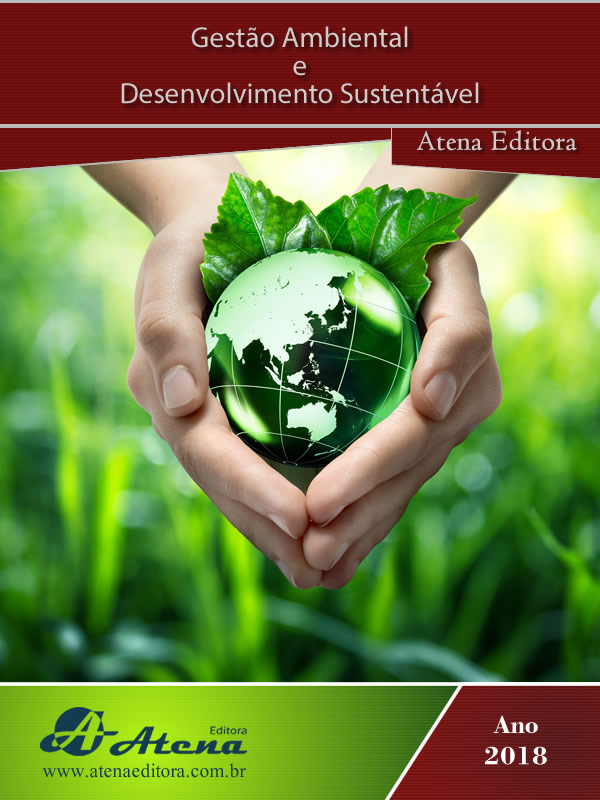
ANÁLISE DA SUSTENTABILIDADE SÓCIOAMBIENTAL DO CULTIVO DE OLEAGINOSA NA AGRICULTURA FAMILIAR PARA A PRODUÇÃO DE BIOCOMBUSTÍVEL: O CASO DO CONSÓRCIO DA MAMONA E FEIJÃO EM QUIXADÁ-CEARÁ
A possível escassez do petróleo direcionou o mundo a repensar seu uso e
buscar novas alternativas que suprisse suas necessidades e mercados de consumo.
Os combustíveis de origem renovável lideram a marcha mundial por fontes de
energias limpas. O Brasil liderou a busca e pesquisas sobre o assunto, culminando
no Proálcool na década de 70. Com o fracasso do programa, à mais de 30 anos, o
governo brasileiro através da Lei Nº 11.097, introduziu o biodiesel na matriz
energética através do Programa Nacional de Produção de Biodiesel – PNPB, em
2004. A obrigatoriedade em lei, da adição de 5% de biodiesel ao diesel, gerou uma
demanda em escala industrial do óleo natural, fazendo com que altíssimos
investimentos fossem feitos por parte do governo e empresas privadas. Críticos ao
programa, afirmam que a baixa produção no país, se dá exclusivamente pela
inviabilidade financeira do cultivo. Através de entrevista direta a produtor de
mamona do distrito de Tapuiará, no município de Quixadá-CE, foram relacionados os
dados econômicos e financeiros de sua produção de mamona consorciada com o
feijão. A avaliação da rentabilidade foi feita utilizando-se a metodologia do Sistema
Integrado de Custos Agropecuários – CUSTAGRI . Os resultados mostraram que existe
viabilidade econômica no consórcio mamona e feijão para a agricultura familiar no
município de Quixadá - CE visando a utilização da oleaginosa para produção de
biocombustível podendo ser esta atividade indicada para a sustentabilidade do
empreendimento compondo a cesta de oportunidades para os referidos agricultores.
ANÁLISE DA SUSTENTABILIDADE SÓCIOAMBIENTAL DO CULTIVO DE OLEAGINOSA NA AGRICULTURA FAMILIAR PARA A PRODUÇÃO DE BIOCOMBUSTÍVEL: O CASO DO CONSÓRCIO DA MAMONA E FEIJÃO EM QUIXADÁ-CEARÁ
-
DOI: ATENA
-
Palavras-chave: Sustentabilidade, biodiesel, mamona, agricultura familiar.
-
Keywords: Sustainability, biodiesel, castor oil, family farming
-
Abstract:
The possible shortage of oil led the world to rethink its use and seek new
alternatives that would meet its needs and consumer markets. Renewable fuels lead
the world march through clean energy sources. Brazil led the search and research on
the subject, culminating in Proálcool in the 70's. With the failure of the program, to
more than 30 years, the Brazilian government through Law No. 11,097 introduced
biodiesel in the energy matrix through National Program for Biodiesel Production -
PNPB, in 2004. The mandatory requirement of adding 5% of biodiesel to diesel
generated an industrial scale demand for natural oil, causing very high investments
to be made by government and companies private partnerships. Critics of the
program say that the low production in the country, is due exclusively to the financial
unfeasibility of the crop. Through a direct interview with castor bean farmers in the
district of Tapuiará, in the municipality of Quixadá-CE, the economic and financial
data of their production of castor bean intercropped with the beans were related. The
profitability evaluation was made using the methodology of the Integrated System of
Agricultural Costs - CUSTAGRI. The results showed that there is economic feasibility
in the consortium of castor bean and beans for family agriculture in the municipality
of Quixadá - CE aiming at the use of oleaginous for the production of biofuel. This
activity may be indicated for the sustainability of the enterprise, composing the
basket of opportunities for the said farmers .
-
Número de páginas: 15
- Sérgio Horta Mattos


